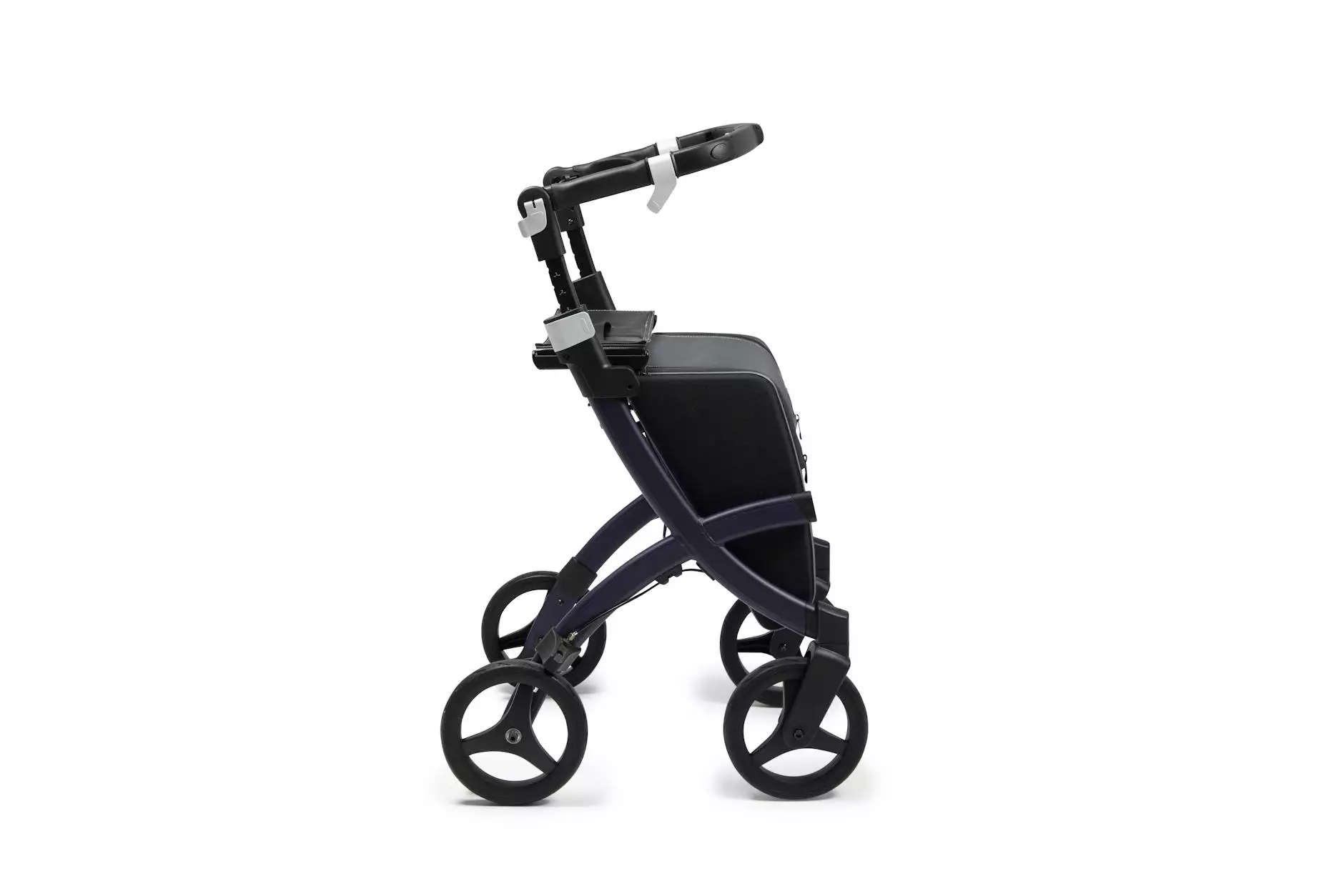Understanding Orthopedic Surgical Supplies

Orthopedic surgical supplies are crucial components that enhance the effectiveness and safety of surgical procedures related to the musculoskeletal system. As part of the health and medical industry, these supplies cover a broad spectrum of products, necessitating a deeper understanding of their roles, types, and advancements. This comprehensive guide delves into various aspects of orthopedic surgical supplies, showcasing their impact on medical practices and patient outcomes.
The Importance of Orthopedic Surgical Supplies
The field of orthopedics focuses on diagnosing and treating conditions related to bones, joints, ligaments, and muscles. The significance of orthopedic surgical supplies cannot be overstated, as they directly influence surgical outcomes. Proper instrumentation and materials ensure that surgeons effectively address conditions like fractures, arthritis, and congenital disorders.
Key Roles of Orthopedic Surgical Supplies
- Enhanced Surgical Precision: The right tools allow for more accurate procedures, reducing patient trauma.
- Infection Control: High-quality supplies help minimize the risk of postoperative infections.
- Improved Recovery Times: Advanced materials contribute to quicker healing processes for patients.
- Increased Patient Comfort: Ergonomically designed instruments can facilitate smoother surgeries, leading to enhanced comfort for patients post-operation.
Types of Orthopedic Surgical Supplies
Orthopedic surgical supplies are diverse, covering various categories and specifications. Below are some of the most common types encountered in orthopedic practices:
Implants
Implants are prosthetic devices embedded within the body, often used for joint replacements or stabilizing fractured bones. The most widely used implants include:
- Joint replacement implants (hips, knees, shoulders)
- Bone screws and plates for fracture fixation
- Intramedullary nails for long bone stabilization
Surgical Instruments
A variety of surgical instruments are involved in orthopedic surgeries, including:
- Scalpels and blades for incisions
- Scissors and forceps for tissue manipulation
- Drills and reamers for bone preparation
- Retractors for exposure of surgical sites
Orthopedic Supports
Orthopedic supports like splints and braces play a pivotal role in post-operative recovery, providing stability and protection to the affected area. Some examples include:
- Knee braces for stabilization post-surgery
- Ankle supports for injury rehabilitation
- Wrist and elbow braces for conditions like carpal tunnel syndrome or tennis elbow
Diagnostics and Imaging Supplies
Diagnostic tools, including X-rays, MRIs, and ultrasound devices, are essential for accurately diagnosing orthopedic conditions and planning surgical interventions.
Innovations in Orthopedic Surgical Supplies
The field of orthopedics is constantly evolving, with advancements in technology leading to the development of innovative orthopedic surgical supplies. These innovations improve surgical outcomes and enhance patient experiences. Here are some notable advancements:
Biomaterials
Biocompatible materials, such as titanium and polyethylene, are increasingly being used for implants due to their durability and reduced risk of rejection by the human body.
Robotic-Assisted Surgery
Robotic technology has revolutionized orthopedic practices, offering precision and control that enhances the surgeon's ability to perform complex procedures.
3D Printing
3D printing technology is paving the way for customized implants and surgical instruments tailored specifically to the patient's anatomy, enhancing surgical fitting and reducing recovery time.
Choosing the Right Orthopedic Surgical Supplies
When selecting orthopedic surgical supplies, several factors should be considered to ensure that the best outcomes are achieved:
Quality Assurance
It is essential to source orthopedic surgical supplies from reputable manufacturers that adhere to strict quality standards. Look for products that have certifications from recognized health authorities.
Cost-effectiveness
While high-quality supplies may come at a premium, it’s crucial to weigh the cost against the potential for better surgical outcomes, shorter recovery periods, and lower complication rates.
Supplier Reputation
Choose suppliers with positive reviews and proven track records in delivering efficient customer service and support.
The Future of Orthopedic Surgical Supplies
The future of orthopedic surgical supplies is deeply intertwined with technological advancements and ongoing research. Emerging trends that may shape the future landscape include:
Telemedicine Integration
As telemedicine grows in popularity, the ability to consult with orthopedic specialists remotely will likely increase, necessitating innovative supply chains and support systems.
Sustainability Efforts
With a global focus on sustainability, manufacturers are expected to adopt greener practices, including the use of recyclable materials in the production of surgical instruments and implants.
Artificial Intelligence in Diagnostics
AI technologies are set to revolutionize how orthopedic conditions are diagnosed and treated, offering predictive insights and personalized treatment plans based on data.
Conclusion
In summary, understanding orthopedic surgical supplies is crucial for healthcare professionals engaged in orthopedic care. These supplies not only enhance the precision and outcomes of surgical procedures but also play a vital role in patient recovery and overall satisfaction. The advancements in materials, technology, and innovative practices ensure that the field of orthopedics is on a path toward even greater improvements in the future.
Visit New-Med Instruments
To explore a comprehensive range of orthopedic surgical supplies and stay updated with the latest trends in the health and medical industry, visit New-Med Instruments. Discover how quality medical supplies can make a difference in surgical outcomes and patient care.









